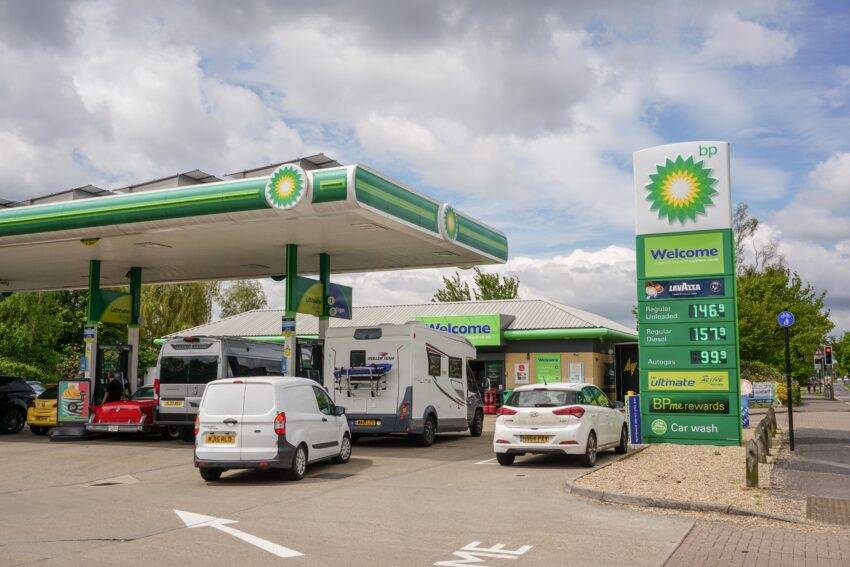Business
Petrol stations will overcharge UK drivers by £1.6 billion by 2023, CMA says

Petrol stations have come under fire after overcharging British motorists by as much as £1.6 billion last year, according to the Competition and Markets Authority (CMA).
The regulator’s findings show that fuel margins – the difference between wholesale costs and the pump price – have remained significantly above pre-pandemic levels.
The CMA highlighted that supermarkets were particularly to blame, as their fuel margins were roughly double those in 2019. This increase in margins will cost motorists a further £1.6 billion in 2023 alone.
Simon Williams of the RAC described the situation as “nothing short of disgraceful”, especially given the dependency many have on their vehicles. “Drivers have every right to feel ripped off, especially when they know there is virtually no competition in the market between retailers,” he added.
Last year, the CMA’s investigation into the road fuel market revealed that competition between petrol stations was insufficient to reduce costs for motorists. Major supermarkets including Asda, Morrisons, Tesco and Sainsbury’s were criticized for treating drivers as ‘cash cows’ after overcharging them by £900m by 2022.
To tackle this problem, the CMA has recommended the introduction of a “pumpwatch” scheme. The initiative would provide drivers with real-time fuel price data via mobile devices and services such as Google Maps, potentially saving motorists up to £4.50 per fill-up by making it easier to find cheaper fuel options nearby.
Currently, the CMA monitors prices through a voluntary data sharing system. However, only 40% of fuel stations have agreed to participate, resulting in incomplete data that is insufficient for use in mapping and navigation applications.
In response, the government proposed the Digital Information and Smart Data Law, aiming to create a comprehensive and mandatory regime. While this legislation is developed, the CMA has urged ministers to introduce an enhanced interim voluntary scheme to reduce overload in the meantime.
The RAC has also called on Energy Secretary Ed Miliband to speed up the CMA’s recommendations and ensure motorists are protected from excessive fuel prices as soon as possible.













